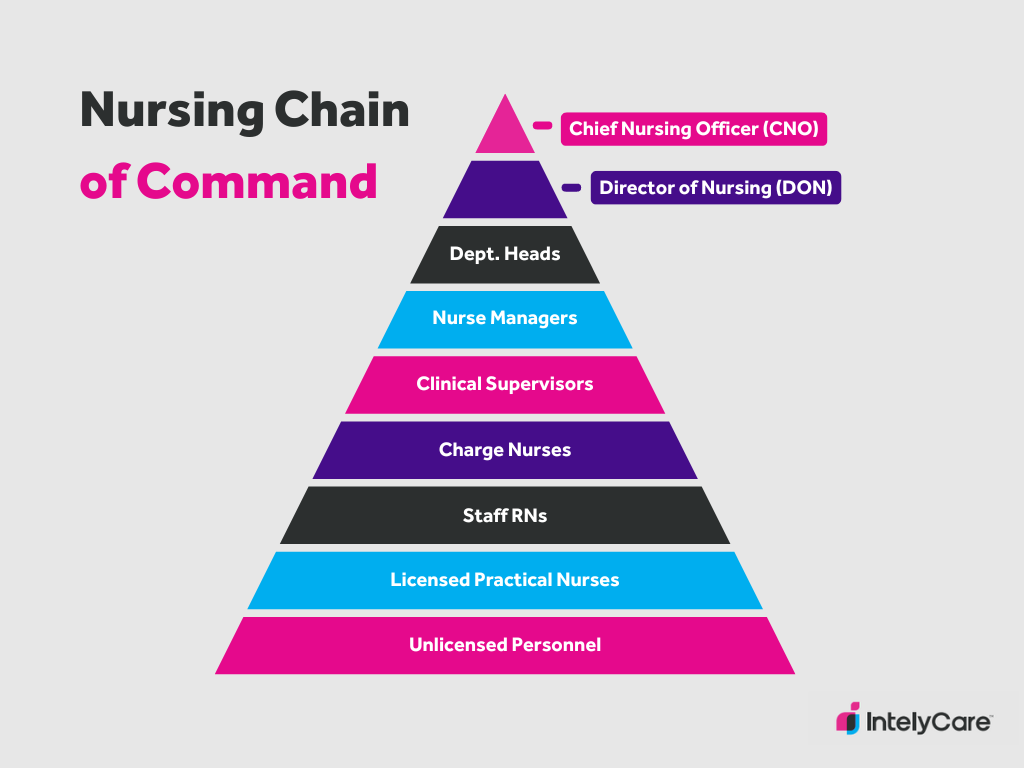NUR-215 Delegation, Ethics, and Informatics
1/13
Earn XP
Description and Tags
Test prep
Name | Mastery | Learn | Test | Matching | Spaced | Call with Kai |
|---|
No analytics yet
Send a link to your students to track their progress
14 Terms
What are the four core competencies for interprofessional collaborative practice?
Values and Ethics for Interprofessional Practice – Working with individuals of other professions to maintain a climate of mutual respect and shared values.
Roles and Responsibilities – Understanding one’s own role and the roles of other professions to assess and address the healthcare needs of patients and populations.
Interprofessional Communication – Communicating with patients, families, communities, and professionals in health and other fields in a responsive and responsible manner.
Teams and Teamwork – Applying relationship-building values and principles of team dynamics to perform effectively in different team roles.
Four overarching categories of scope of collaboration include are?
Nurse-Patient
Nurse-Nurse
Interprofessional
Interorganizational
6 standards called the nursing process are?
Assessment
Diagnosis
Outcomes identification
Planning
Implementation
Evaluation
Nurse to nurse collaboration examples:
Shift handoff communication
Delegation and supervision
Coordinating patient care
Mentoring
conflict resolution
When a RN delegates what must he or she always do?
Supervise
What are the 5 rights of Delegation?
Right Circumstance
Right Task
Right Person
Right Direction and Communication (clear, concise, correct, and complete)
Right Supervision
Can you name the nursing chain of command?

What are the 4 types of Accountability?
Professional Accountability Taking responsibility for maintaining competence, adhering to ethical standards, and upholding the integrity of the profession.
Legal Accountability Following laws, regulations, and institutional policies—like scope of practice and documentation standards—to avoid negligence or malpractice.
Ethical Accountability Making decisions based on moral principles, such as patient autonomy, beneficence, and justice—even when it’s difficult.
Personal Accountability Owning your actions, being honest about mistakes, and striving for continuous improvement in your practice.
what are the Institute of Medicine Core Competencies?
Provide patient centered care
Work in interdisciplinary teams
Employ evidence-based practice
Apply quality improvement
Utilize Informatics
What is Clinical decision support (CDS) when it comes to nursing informatics?
Clinical decision support (CDS) systems provide tools such as alerts, reminders, and guidelines to assist healthcare providers in making informed decisions. An alert about a potential drug interaction is a classic example of CDS.
Which of the following is a key responsibility of a nurse informaticist?
focuses on developing, implementing, and optimizing healthcare technology systems to improve patient care and workflow efficiency.
What are the 4 steps of evidence-based practice?
Pose a question
Gather the best evidence
Evaluate the evidence
Apply the evidence to clinical practice.
4 Consequences of lack of accountability in nursing practice?
Increased risk to patient safety
Increased healthcare costs
poor nurse patient and interprofessional relationships
loss of job or nursing license